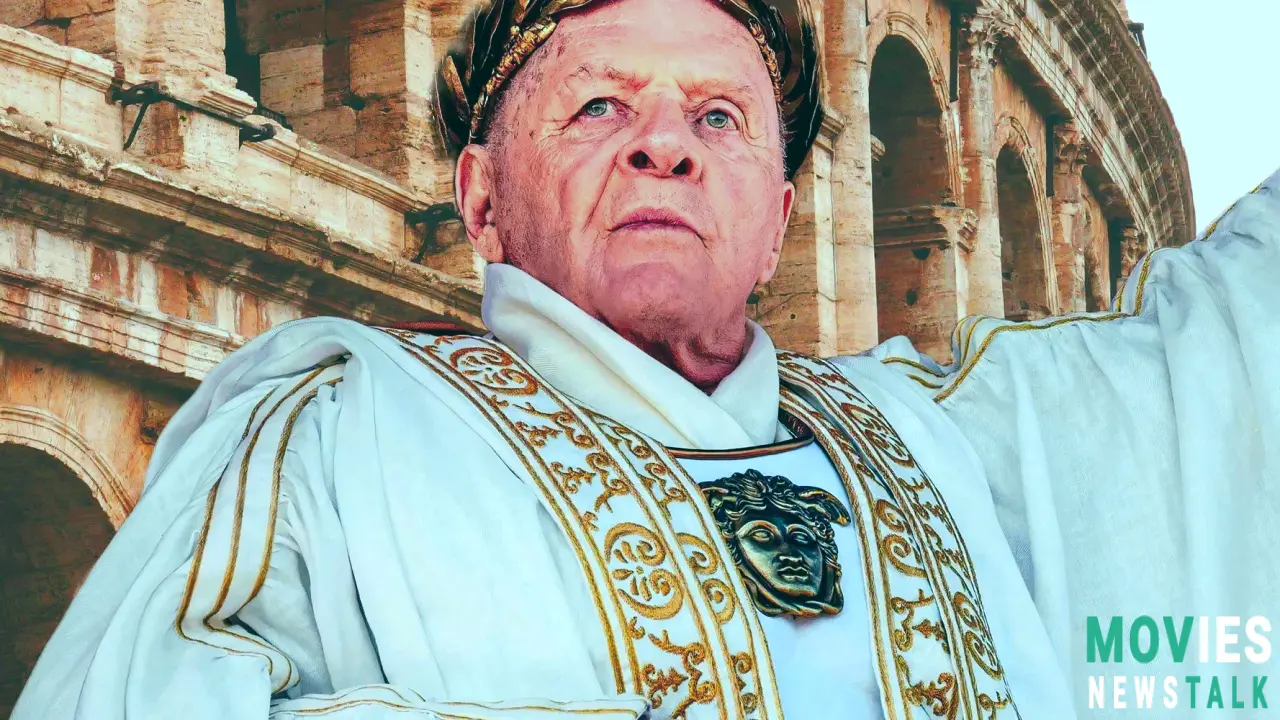Life and Rule of Vespasian
In Peacock's historical drama "Those About to Die," Anthony Hopkins plays Roman emperor Vespasian. Though the show uses some artistic license, overall it fairly accurately depicts Vespasian's life and rule.
Rising to Power: Vespasian
Rising to power, Vespasian coincided with a turbulent period of Roman history known as the Year of the Four Emperors (69 AD). Among the emperors slain this year were Galba, Otho, and Vitellius. Rising as the fourth and last emperor, Vespasian helped to stabilize the nation following a period of political unrest.
Vespasian's Influence on Rome
Vespasian acted to bring Rome peace and stability back once he came to rule. He consolidated the power of the empire, changed the Senatorial system, started more robust diplomacy with public personalities and military leaders, and overhauled Rome's financial system. These deeds helped him to establish the Flavian dynasty, so superseding the Julio-Claudians as the reigning dynasty.
Death for Vespasian
Vespasian died after a comparatively brief rule, although reigning for ten years. While visiting Campania, he died at age 69 from an illness—probably typhoid or dysentery. Believing an emperor should die standing, he struggled to remain upright before dying on June 23, 79 AD.
Vespasian's Legacies
The end of an era arrived with Vespasian's death. Titus, his eldest son, who Tom Hughes portrayed on the program, succeeded him as emperor. Among several significant historical events, Titus presided over the completion of the Colosseum and the Mount Vesuvius eruption in Pompeii. Having only ruled two years, he passed away in 81 AD.
Domitian is Titus's Successor.
Played by Jojo Macari in "Those About to Die," Domitian, Vespasian's younger son, became emperor following Titus's death. Over his 15-year rule, he saw the empire rebuild from the fire in Rome and confronted issues including war in Britain. But his rules grew more autocratic, and court members assassinated him in 96 AD. After less than thirty years, Domitian's death signalled the end of the Flavian dynasty.
Legacy of Flavian Dynasty
Roman history bears long-lasting effects from the Flavian dynasty. During a time of transition and change, Vespasian and his sons, Titus and Domitian, were major players in determining the Roman Empire. Among the notable successes of their rule were the Colosseum's building, Rome's reconstruction following the fire, and empire-wide expansion. But their rule also brought difficulties including political unrest, social upheaval, and Mount Vesuvius' eruption.
"Those About to Die" and Vespasian's Portraits
Peacock's "Those About to Die" offers a window into the gladiatorial fight scene of Vespasian's reign. The show highlights the brutal and sophisticated nature of Roman entertainment, where the promise of free food and blood-soaked spectacles helped to keep the restless population in line. The show presents a fascinating and complex picture of Roman society during this era by combining the life of several characters from all around the Roman Empire.
The Portrayal Accuracy of Vespasian
Generally speaking, "Those About to Die" fairly captures Vespasian's ascent to power, rule, and death. The program does, however, stray somewhat creatively, depicting Vespasian as younger than he was in fact. Still, the show offers a worthwhile window into the life and legacy of this powerful Roman emperor.

